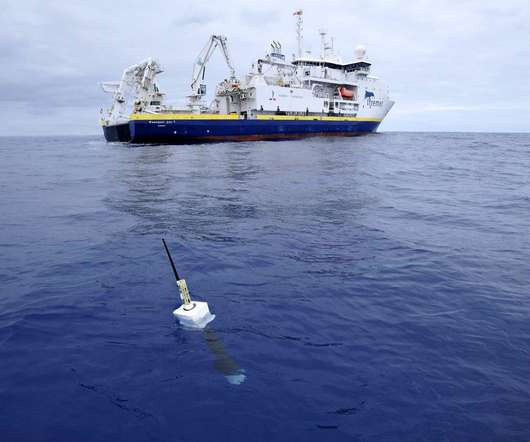New ORNL tool to assess global freshwater stress suggests that population growth could be a bigger factor in water availability than increasing temperatures
Green Car Congress
MARCH 24, 2012
While several recent studies have suggested that much of the world is likely to experience freshwater shortages as the population increases and temperatures rise, determining the relative impact of each has been difficult. At that time, it was unusual to integrate population, climate and water data into one model.



































Let's personalize your content